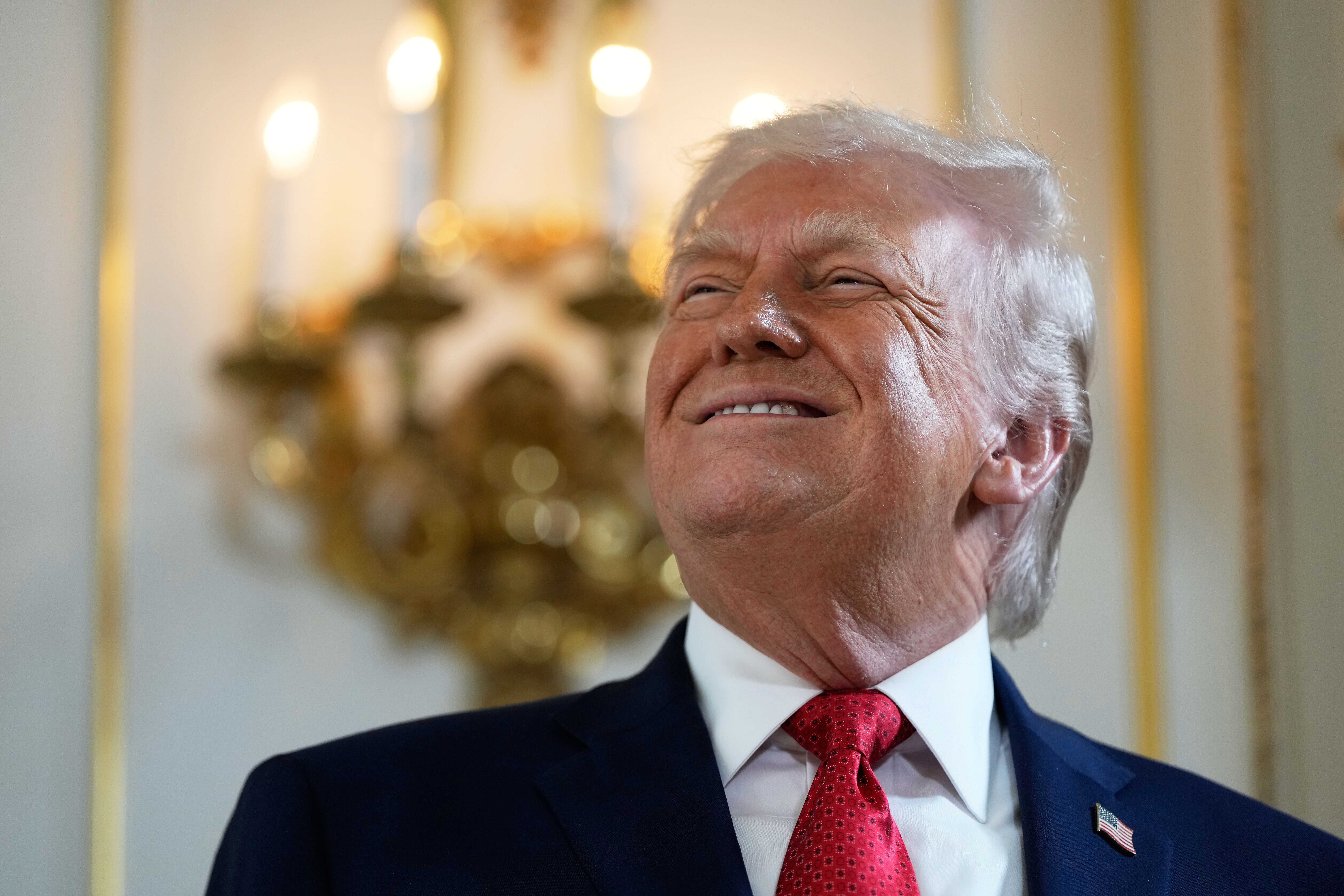Billionaire Elon Musk may not be much of a player at the White House anymore, but the work of the Department of Government Efficiency (DOGE) to downsize the federal government continues.
Trump administration seeks Supreme Court's input on DOGE authority
On Monday, President Donald Trump and his administration asked the Supreme Court to weigh in on the downsizing plans, essentially asking the justices to block a lower court ruling to curtail or block much of President Trump's power to restructure the federal government to his liking.
The Supreme Court has about a week to respond. While immediate action is not expected, a future ruling from the highest court is anticipated and would provide welcomed relief for federal workers across the U.S., who have been left in limbo for several months.
White House seeks to codify downsizing efforts into law
Meanwhile, another significant development could unfold on Tuesday, as a recissions package is expected to make its way from the White House to the House of Representatives. This package aims to codify into law some of the cuts that DOGE has attempted to implement within the federal government.
The initial version of the recissions package is anticipated to exceed $9 billion and will be presented to Congress for a vote. Republican House Speaker Mike Johnson has stated a desire to expedite the process.
Bottom line
Both moves seek to eliminate the legal disputes over President Trump's authority to unilaterally make these cuts. Critics have argued for months that it is Congress that holds the power of the purse, and the recissions package effort represents a push for Congress to control those funding decisions, which include significant reductions to the U.S. Agency for International Development (USAID) and other programs deemed excessive or fraudulent by the Trump administration.
This story was initially reported by a journalist and has been converted to this platform with the assistance of AI. Our editorial team verifies all reporting on all platforms for fairness and accuracy.












